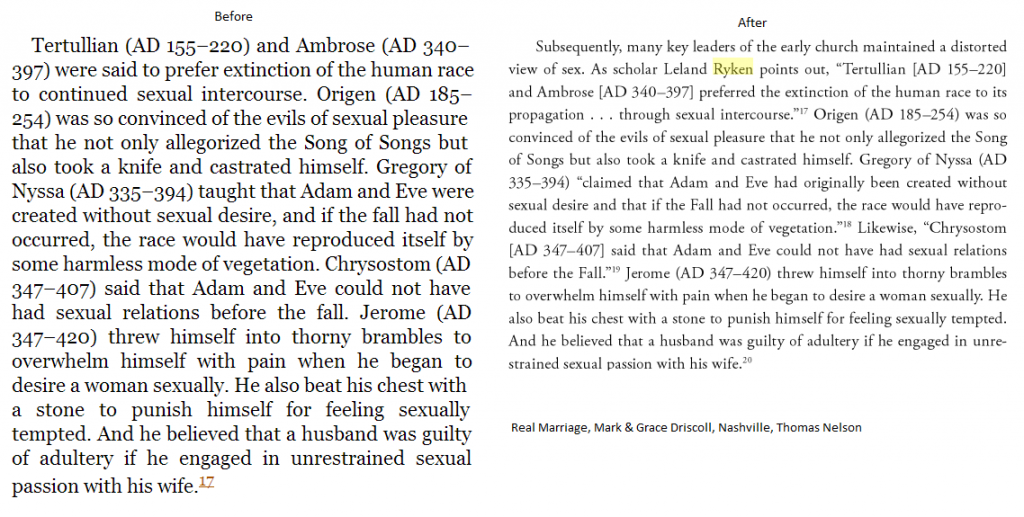Yesterday, the State Department covered several topics related to Uganda and the Anti-Homosexuality Act during the daily briefing. Here some excerpts:
QUESTION: — about Uganda and your opinion of the high court legal challenge to the anti-homosexual act?
MS. PSAKI: Mm-hmm. Sure. Well, just to reiterate, as we’ve said, the enactment of the homosexuality act was a step backward for Uganda. The law is more than an affront and a danger to the gay community in Uganda. It reflects poorly on the country’s commitment to protecting the human rights of its people and will undermine public health, including efforts to fight HIV/AIDS.
As we said a week or a couple of weeks ago, this is – has caused us to take a look at our relationship, and there’s no question it has impacted our relationship. Now that the anti-homosexuality act has been enacted, we’re continuing to look closely at the implications of the new law, and where appropriate, we have adjusted some activities and engagements while we are doing that.
So let me give you an example: We currently fund or we have been funding the salary top-off, so additional salary to pay for – to help pay 18 health officials, senior health officials. That expired last month. That is something where we are no longer providing that top-off payment. Obviously, these are not individuals who are implementing – the worker bees, for lack of a better phrase. These are individuals at the top who are speaking on behalf of and implementing the policy. So that’s one example.
We’re also looking at our assistance programs to evaluate the ability of our implementing partners to carry them out effectively in a nondiscriminatory manner, and the legal implications of the act on our programs on the ground. So all of those pieces are pieces we’re evaluating.
QUESTION: So is it your assessment, then, that that is the total of your reaction, or you are continuing to review your assistance?
MS. PSAKI: Well, the way I would think about this is we’re taking a thoughtful, deliberate look at next steps in light in enactment of the law. So, some of those pieces are how to send the strongest message. Specifically, the topping off of the salaries of these health officials is one way.
But we’ve also been in touch, and have been for some time, with Ugandan LGBT activists since this legislation was actually first introduced in 2009. They’ve specifically asked that the United States not cut off aid to the Ugandan people. As I talked about a little bit last week, and as you know, Scott, a lot of the aid that we provide goes to ensure services for things like lifesaving health and medication for HIV/AIDS, to bring justice to those responsible for atrocities, like the LRA. So we want to make sure that actions we take don’t have a detrimental impact on the Ugandan people who need those health services, et cetera. So we’re all looking at all of that.
I didn’t realize that the U.S. government helped pay the salaries of Uganda’s health officials. At least one, Ruth Aceng, was the leading figure in the committee President Museveni convened prior to his decision to sign the anti-gay bill. Apparently, they will experience a pay cut. The department does not want to harm people who get their medicine or other basic needs from our funding.
Consistent with reports from Secretary of State Kerry that experts might go to Uganda, the state department staffer promised to get more information of the specifics.
QUESTION: Last week, I know Secretary Kerry mentioned that the U.S. was sending experts to go —
MS. PSAKI: Mm-hmm.
QUESTION: — and talk? Who are these experts and what were they – I mean, the law is enacted. Were there any —
MS. PSAKI: Well, my understanding is it’s health – in the pool of health experts, but I can check and see if that’s happening or who might be in that group and if that’s moved forward.
QUESTION: From the way – from what he said, it was experts to do with the law, I mean, in trying to refine ways of doing law, or did I misunderstand it?
MS. PSAKI: I will check and see —
QUESTION: Okay.
MS. PSAKI: — and if that’s actually be implemented or is moving forward.
You can read the rest here.

